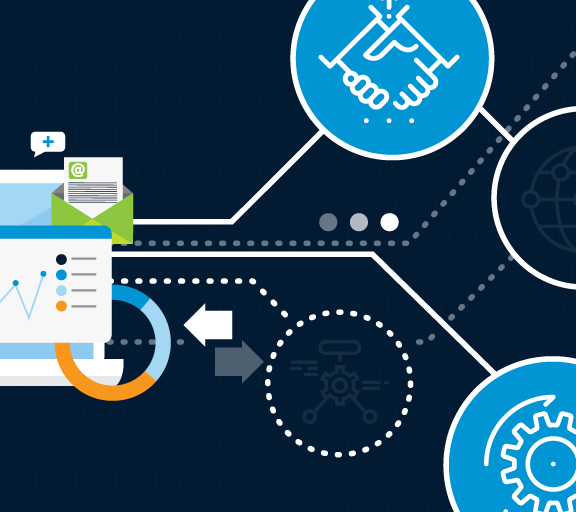“That’s Not Real AI” and Other True But Misleading Observations

By Brian Delle Donne, President, Talent Tech Labs, LLC
Every day, I see first-hand how companies are building smart technology applications that can potentially revolutionize the way talent acquisition gets done. But in between potential and reality is a road full of tough questions, general assumptions, and opinions. These views will determine if and how a technology gains investment, makes it to market, and succeeds in delivering value.
Any talent acquisition decision maker owes it to herself and to the business to follow the development of AI innovation in particular. It is evolving quickly. The tools of AI can provide a talent advantage. Competitors are on the lookout for new solutions, and no one can afford to be left behind in a global environment of talent scarcity. At the same time, the “noise” of market commentary and personal opinions, while containing some truth, can also be misleading. Here are three common opinions companies should consider beyond face value.
That’s not real AI.
Machine learning is still in its infancy, so many innovations that market themselves as AI actually are not. But whether a solution is able to process information in an unstructured way and then learn from that function to improve output is only part of the value equation. For example, much of what was simply leveraging big data and predictive analytics was sometimes referred to as AI. Similarly, automated workflows have been called AI. While neither of these are really artificial intelligence, if a solution does a good job at delivering relevant and accurate predictive information to drive talent acquisition, it’s probably worth a look, regardless of if it is correctly labeled as AI.
Recruiters will be a thing of the past.
AI has the potential to improve recruitment productivity, which will enable recruiters to spend more time deepening relationships with employers and job seekers. This shift will require recruiters and the talent acquisition team to change how they work, but the job of the recruiter and the talent acquisition function will be very important. It will require technical skills to guide the technology and keen personal skills to be the true face of human interaction. More than ever, people will be responsible for providing strategic vision and guidance after technology automates the repetitive tasks out of the recruiting equation.
We’re not ready for AI in our talent function.
This is certainly true of AI. No business is ever ready for any innovation, yet history shows that with every trend, organizations eventually embrace change and turn it into a competitive advantage. Slow movers are left to adapt later as a way to keep up with the market. Businesses should not be intimidated by AI innovation; rather, they should keep an eye out for developments that could help them work smarter today, while also keeping the long-term conversation alive as they plan their future strategies.
Editor’s Note: Read more about AI and its impact on workforce strategy and innovation in a new Allegis Group report, “AI and the World of Work: Embracing the Promises and Realities.” Get your copy now to better understand what AI really means to the future of business, work, and talent.
 Author’s Bio: Brian Delle Donne has been a leading force in driving innovation through his career in operating roles in industry. After serving as chief operating officer at both large public and privately held staffing and project engineering firms, he has amassed a wealth of insight into effectively applying innovation. At Allegis Group’s innovation partner Talent Tech Labs (TTL), Brian and the TTL team have been identifying and then assisting emerging companies with breakthrough ideas to gain commercialization and scale. Brian has guided TTL to being not only a unique accelerator but also the leading authority on emerging technology addressing talent acquisition.
Author’s Bio: Brian Delle Donne has been a leading force in driving innovation through his career in operating roles in industry. After serving as chief operating officer at both large public and privately held staffing and project engineering firms, he has amassed a wealth of insight into effectively applying innovation. At Allegis Group’s innovation partner Talent Tech Labs (TTL), Brian and the TTL team have been identifying and then assisting emerging companies with breakthrough ideas to gain commercialization and scale. Brian has guided TTL to being not only a unique accelerator but also the leading authority on emerging technology addressing talent acquisition.
Related Articles
New Allegis Group Study Reveals Impact of AI on Jobs, Talent, and HR
The AI Future: Driving a Strategic Talent Function (infographic)


